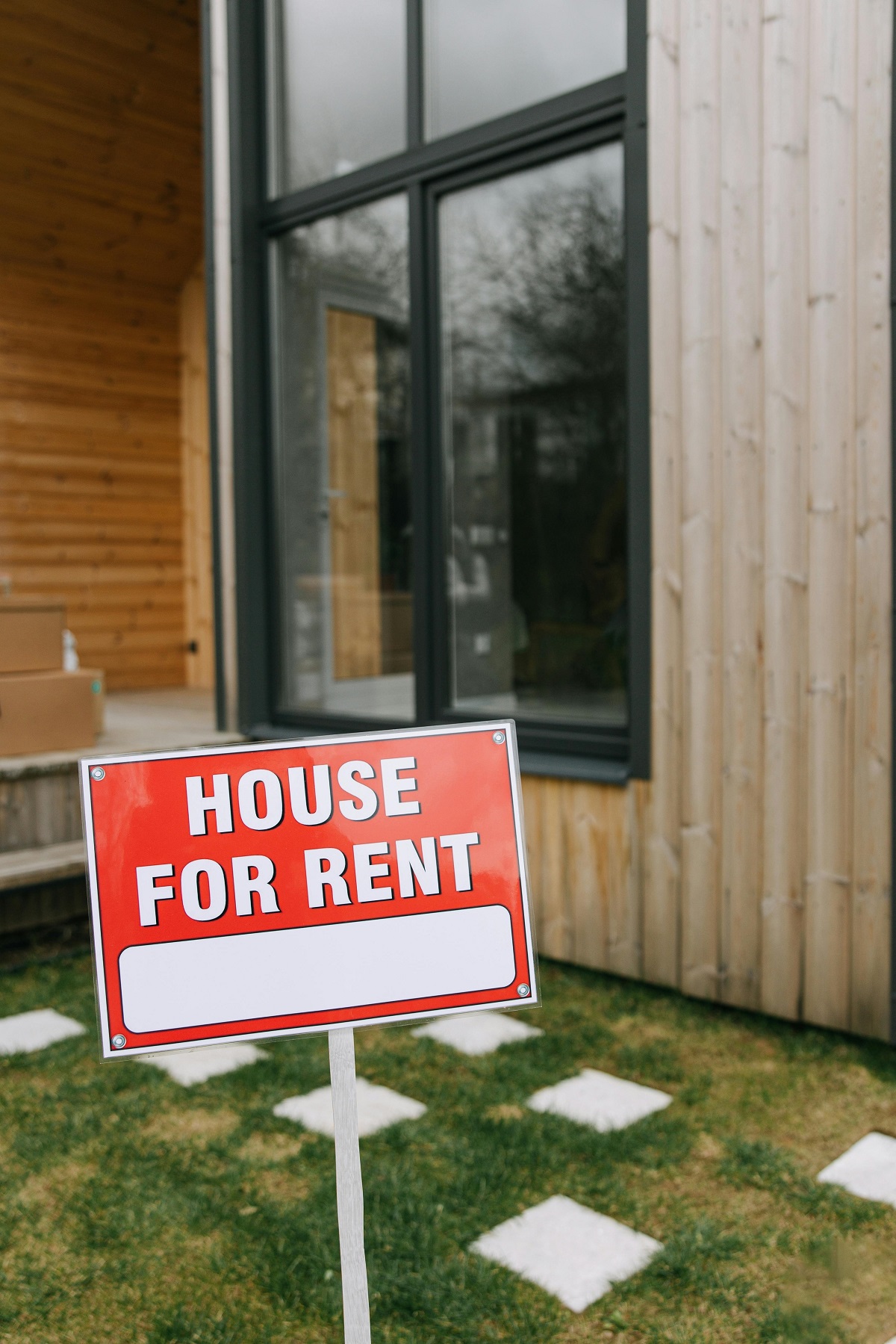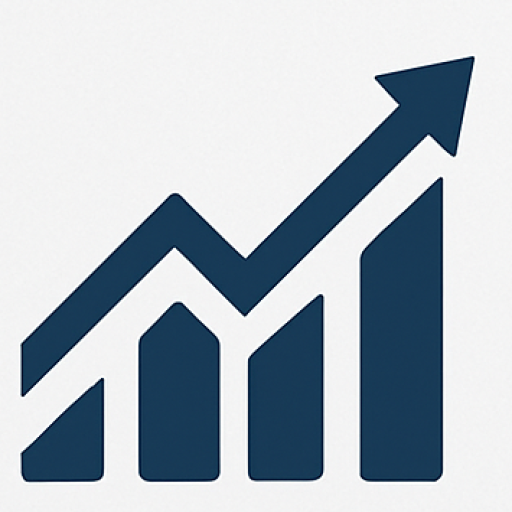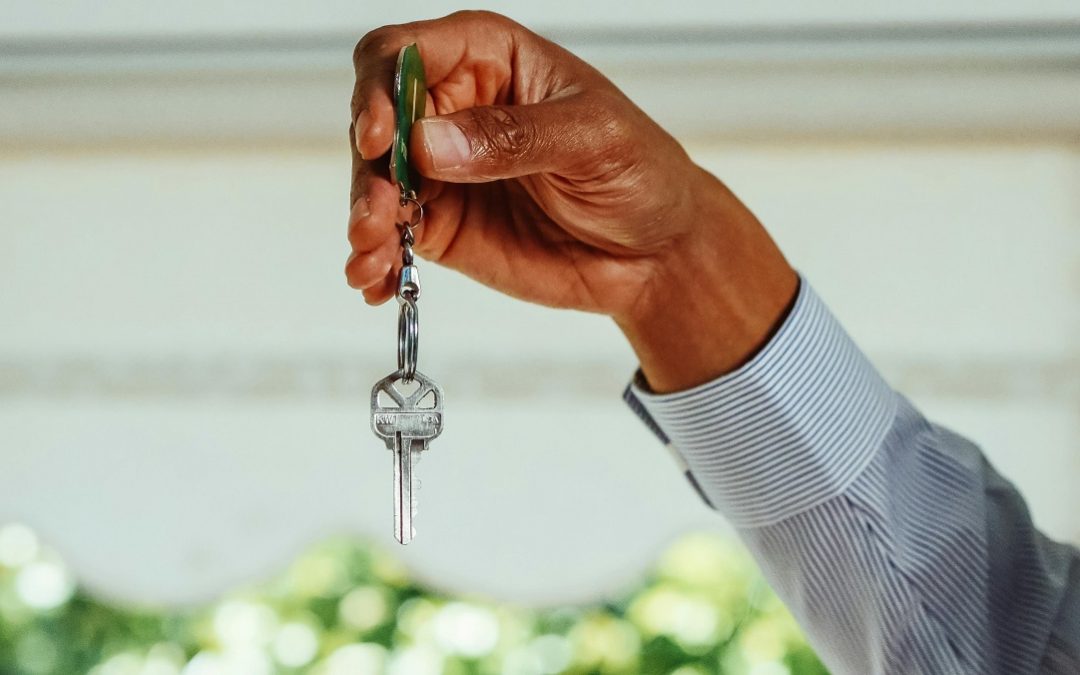For entrepreneurs, deciding whether to buy or rent a home is a far more complex question than it is for salaried employees. Unlike those with steady paychecks and predictable career trajectories, entrepreneurs must navigate volatile income streams, unpredictable market conditions, and the competing financial priorities of both personal life and business growth.
The decision between buying and renting isn’t solely a financial calculation—it is also deeply intertwined with lifestyle goals, cash flow management, tax implications, and risk tolerance. For some entrepreneurs, buying a home symbolizes stability and personal success, providing a tangible asset and a place to call their own. For others, the flexibility and reduced financial responsibility of renting provide the freedom needed to reinvest in their businesses and remain agile in the face of economic uncertainty.
The right answer ultimately depends on a careful assessment of your current financial health, your business stage, your personal goals, and the broader economic landscape. Entrepreneurs must approach this decision with clarity and caution, weighing both the benefits and risks associated with homeownership and renting while ensuring that their housing choices do not undermine their business ambitions or personal financial stability.
Understanding the Financial Realities of Entrepreneurship and Homeownership

Homeownership is often touted as the ultimate financial milestone, but for entrepreneurs, it carries additional layers of complexity. Purchasing a home typically requires a significant down payment—often 20% of the home’s value along with closing costs, property taxes, homeowners insurance, maintenance expenses, and monthly mortgage payments.
These financial obligations can tie up a large portion of your available capital, potentially reducing the liquidity you need to invest in your business, cover unexpected operating expenses, or weather periods of slow cash flow. Furthermore, qualifying for a mortgage as an entrepreneur can be more challenging than for a traditional employee. Lenders often scrutinize self-employed borrowers more rigorously, requiring two or more years of consistent business income, detailed tax returns, profit and loss statements, and a strong personal credit score. Business write-offs, which lower your taxable income, can inadvertently make your financial profile appear weaker in the eyes of lenders, making approval difficult or resulting in less favorable loan terms.
Therefore, before pursuing homeownership, entrepreneurs must ensure that their business income is stable, their personal finances are in order, and they are prepared for the responsibilities that come with owning property.
The Advantages of Buying a Home for Entrepreneurs
Despite the financial hurdles, owning a home can offer several compelling advantages for entrepreneurs who are financially ready. Homeownership builds long-term wealth through property appreciation and mortgage principal reduction, creating an asset that can serve as a financial safety net or retirement nest egg. In addition, mortgage interest and property taxes may be tax-deductible, reducing your taxable income if you itemize deductions.
For entrepreneurs who work from home, the IRS also allows home office deductions, enabling you to write off a portion of your mortgage interest, property taxes, and utilities as business expenses, provided you meet certain criteria. Psychologically, owning a home can provide a sense of stability and permanence, which may be especially valuable in the unpredictable world of entrepreneurship. Homeownership can also protect you from rising rent costs in hot housing markets, providing predictable monthly payments if you secure a fixed-rate mortgage.
Furthermore, building equity in a home offers the potential to leverage that equity in the future through a home equity loan or line of credit, which can be used for personal or business financing needs. For entrepreneurs whose businesses are mature and generating consistent income, purchasing a home can be a strategic move that supports both personal wealth building and business resilience.
The Flexibility and Financial Prudence of Renting
On the other hand, renting offers entrepreneurs unparalleled financial flexibility and lower upfront costs. Without the need for a large down payment or the ongoing maintenance responsibilities of homeownership, entrepreneurs can preserve cash flow and liquidity two critical factors in managing business uncertainty. Renting allows you to adapt quickly to changing personal or professional circumstances.
For example, if your business opportunities require you to relocate to another city or downsize during lean years, terminating a lease is far easier and less costly than selling a home. Additionally, renting eliminates the risk of declining property values, costly home repairs, and unexpected maintenance emergencies that can drain personal savings.
Entrepreneurs in the early stages of their business or those with irregular income streams often benefit from the predictable monthly expenses of renting, which makes budgeting simpler and protects against the financial volatility of business ownership. Renting also allows entrepreneurs to live in desirable neighborhoods where buying might be cost-prohibitive, enjoying a higher quality of life without overextending financially. While renting does not build equity, the opportunity cost of tying up capital in a home purchase may be greater than the benefits of homeownership if that capital could be more profitably invested in your growing business.
Assessing Business Stage and Income Stability
A critical factor in deciding whether to buy or rent as an entrepreneur is assessing the stage of your business and the stability of your income. Entrepreneurs in the startup or growth phases often experience wide swings in income, making the fixed obligations of a mortgage risky. In these cases, renting allows you to keep personal overhead low and focus on reinvesting profits into your business.
Once your business reaches a level of stable profitability and you’ve built up a healthy cash reserve, purchasing a home becomes a more viable option. As a general rule, you should have at least two to three years of consistent income, a robust emergency fund covering six to twelve months of living and business expenses, and manageable debt levels before taking on a mortgage.
Additionally, your business should be generating enough income to comfortably cover both your personal and business financial obligations without relying on short-term credit. Rushing into homeownership before your business income is stable can create financial strain, forcing you to divert resources from your business or take on personal debt to cover housing costs.
Considering Tax Implications and Wealth Building
Entrepreneurs must also consider the tax implications of homeownership versus renting. While mortgage interest and property tax deductions can reduce taxable income, these benefits may not be as valuable for entrepreneurs who already maximize their business deductions and take the standard deduction.
On the flip side, renting offers no tax breaks but also no risk of declining property value or negative cash flow from real estate investments. Entrepreneurs focused on wealth building may find that reinvesting funds into their business or diversified investment portfolios yields a higher return than the equity gained from homeownership, especially in markets with slow property appreciation.
However, owning a home does contribute to long-term financial stability by providing a forced savings mechanism through mortgage principal payments and offering protection against rent increases. The key is to evaluate your overall financial strategy—whether your priority is growing your business, building liquid investment assets, or establishing personal financial stability through real estate ownership.
Weighing Lifestyle Preferences and Family Considerations
Beyond the financial considerations, lifestyle preferences and family dynamics play a significant role in the buy-or-rent decision. Entrepreneurs with families may prioritize the stability of homeownership to provide their children with a consistent environment, access to better school districts, and a sense of permanence. Others may value the freedom of renting to travel, relocate, or pivot their lifestyle based on changing business needs.
Consider how your personal goals align with your housing decision. If you envision settling in one location for the foreseeable future and your business is local or remote, homeownership can enhance your quality of life. If your entrepreneurial pursuits might lead you to new markets or require geographic flexibility, renting allows you to adapt without the burden of selling a home. The ideal housing solution is one that supports both your business objectives and personal happiness.
Analyzing Market Conditions and Timing
Timing and market conditions also influence the buy-or-rent decision. In real estate markets experiencing rapid price appreciation and low mortgage rates, buying may offer an opportunity to lock in favorable financing and capture future equity growth. Conversely, in overheated markets or during periods of rising interest rates, the cost of homeownership may outweigh the benefits, making renting the more financially prudent choice.
Entrepreneurs should monitor housing market trends, interest rate forecasts, and their local rental markets to make informed decisions. Consulting with a financial advisor or real estate professional can provide valuable market insights tailored to your specific situation.
Building a Strategic Housing Plan as an Entrepreneur
Ultimately, the question of whether to buy or rent as an entrepreneur is not a one-size-fits-all answer but a strategic decision that requires careful planning. Start by evaluating your business income stability, personal savings, debt levels, and long-term financial goals.
If you are early in your entrepreneurial journey, focus on maintaining flexibility, preserving liquidity, and minimizing fixed expenses—making renting the more advantageous choice. As your business stabilizes and personal finances strengthen, begin planning for homeownership by improving your credit score, saving for a down payment, and consulting mortgage lenders to understand your borrowing capacity.
Whichever path you choose, ensure that your housing decision supports your overall financial health and does not compromise your ability to reinvest in your business, save for retirement, and maintain a balanced lifestyle.
Aligning Housing Decisions with Entrepreneurial Success
The decision to buy or rent a home as an entrepreneur is one of balance and alignment. Housing is a fundamental need, but it should not be a financial anchor that limits your ability to succeed in business or enjoy personal freedom. Entrepreneurs who rush into homeownership without sufficient financial preparation risk creating cash flow stress that undermines both personal and business stability.
Conversely, those who rent indefinitely out of fear of commitment may miss out on the wealth-building benefits of property ownership. The smartest approach is to assess your current circumstances honestly, project your future business growth, and make a housing choice that complements your financial plan.
With strategic planning and disciplined financial management, entrepreneurs can enjoy the best of both worlds—successful businesses and fulfilling personal lives, whether they choose to build equity in a home or maintain the flexibility of renting.

